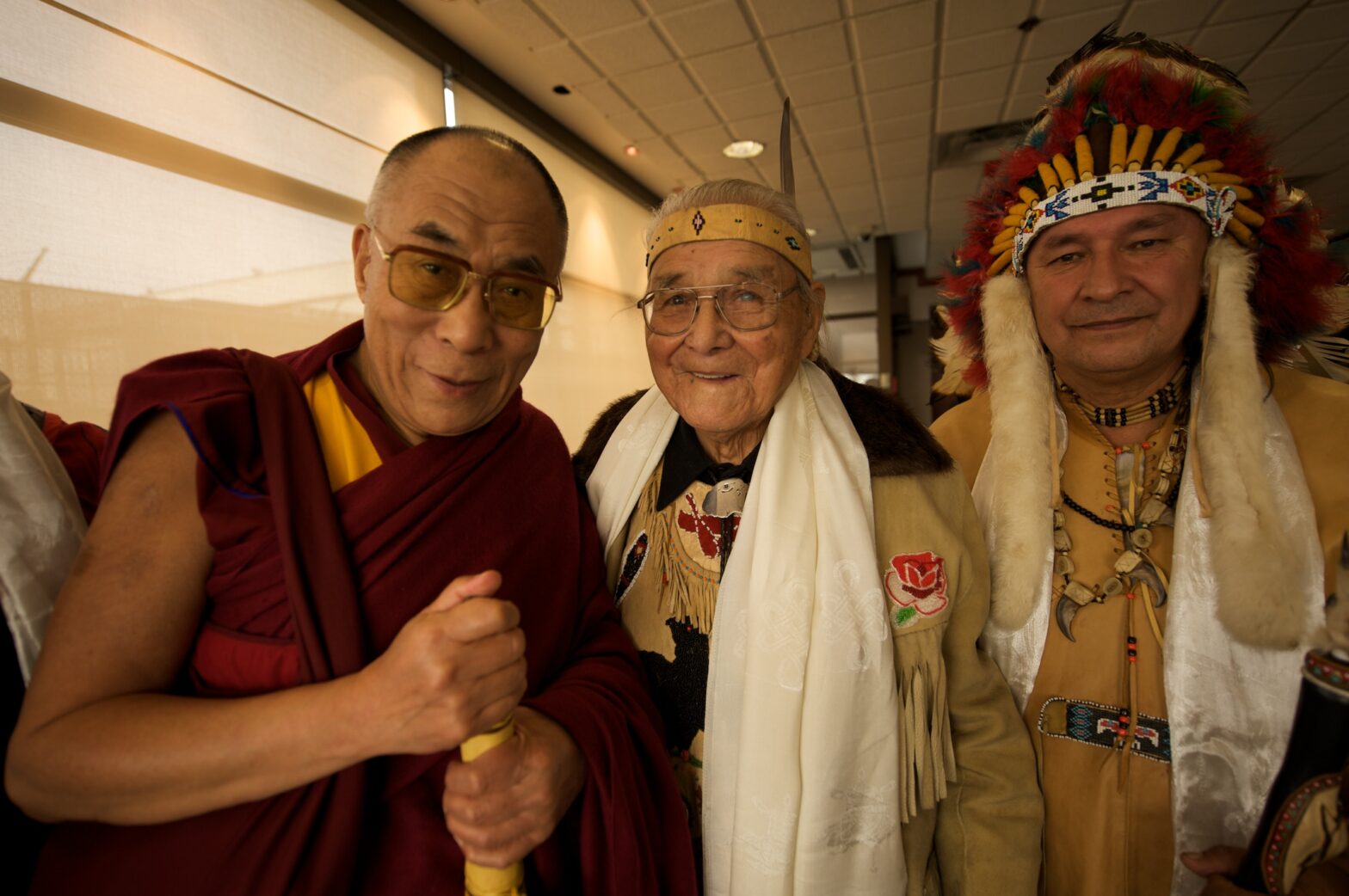Op-ed
Ottawa, March 21, 2023 – The growing concern among Canadians regarding China’s meddling in our democratic institutions and government entities may appear to be a recent phenomenon, but China has been engaging in foreign interference for quite some time. Many individuals and organizations have been victim of China’s foreign interferences. Perhaps the most targeted and affected individual of China’s interferences is Tibetan spiritual leader His Holiness the Dalai Lama who is an Honorary Citizen of Canada and a global messenger of peace.
The Dalai Lama, arguably the most well-known dissident, has drawn international attention to China’s human rights violations since his escape into exile in March 1959. As a Nobel laureate and spiritual leader of Tibet who advocates for the genuine autonomy of the Tibetan people, he is considered a threat to the legitimacy of the Chinese regime. Despite facing extreme repression, the Dalai Lama has made efforts over the past six decades to promote awareness about Tibet by meeting leaders from various democratic countries, including Canada. Each time he has met with leaders, both he and the host country have faced strong condemnation from the Chinese government.
In October 2007, Canadian Prime Minister Stephen Harper hosted the Dalai Lama in his parliamentary office, with strong media presence. The same year, the Dalai Lama was granted Honorary Canadian citizenship after unanimous support from the parliament in 2006. This move was met with sharp criticism from the Chinese government, with a Foreign Ministry spokesman stating that it was “gross interference in China’s internal affairs” and had “seriously hurt the feelings of the Chinese people.”
In 2016, the Dalai Lama made a series of visits to meet with leaders of democratic countries that supported Tibet, including Australia, Mongolia, and the United States. In Australia, he met with Prime Minister Malcolm Turnbull and other officials. In response, China canceled a visit by the Australian Trade Minister and warned Australia to refrain from supporting the Dalai Lama or the Tibetan cause. When the Dalai Lama visited the United States, President Obama met with him at the White House, prompting China to cancel high-level meetings between the two countries and impose economic sanctions on some US companies. The strongest reaction came when the Dalai Lama visited Mongolia.Following the visit, China imposed new fees on Mongolian commodity exports to China, piled on new cross-border transaction costs, and cancelled talks on both a major infrastructure investment and a US$4.2 billion loan.
China’s extensive interference and disinformation campaign regarding Tibet has spread to various areas beyond just the Dalai Lama, including targeting Tibetans diaspora in Canada. In 2019, the Toronto Confederation of Chinese Canadian Organizations, a group with close ties to Beijing, supported the establishment of Tibetan Association of Canada (TAC), which held an inauguration party in Toronto. The event attracted politicians from all three levels of the Canadian government and presented a forged letter of congratulations from Prime Minister Justin Trudeau. During the event, TAC’s leader praised China’s “democratic reform” efforts in Tibet, which represent a deliberate attempt to downplay the country’s human rights abuses in the region and undermine efforts to raise awareness about the ongoing oppression and cultural genocide faced by the Tibetan people.
Canada is home to over 10,000 Tibetans, some of whom still have family members in Tibet, making them vulnerable targets of Chinese government coercions. Recently on March 10th, Tibetans in Canada marked the 64th anniversary of the Tibetan National Uprising Day, a day when thousands of Tibetans were killed in Lhasa for protesting China’s invasion of Tibet and for the safety of their spiritual leader, His Holiness the Dalai Lama. This day serves as a reminder of the ongoing struggle faced by the Tibetan people and the need for continued support and advocacy to protect their human rights and cultural heritage. However, some Tibetans residing in Canada refrained from taking part in the event due to the apprehension of possible reprisals against their kinsfolk residing in Tibet. These individuals feared imprisonment and harassment of their relatives if they were to participate in protests or rallies, activities that Chinese consulate officials frequently monitor.
The Tibetan diaspora in Canada is optimistic about their ability to voice their opinions freely and without fear of retaliation, particularly when it comes to addressing human rights concerns in Tibet. However, the growing influence of the CCP in Canada creates a challenging environment. This development suggests that the Chinese government is capable of exerting its influence at any level of a foreign government, which can facilitate their coercion tactics and impede any efforts to raise awareness about the human rights violations perpetrated by the Chinese government.
By Sherap Therchin
Sherap Therchin is Executive Director of the Canada Tibet Committee

